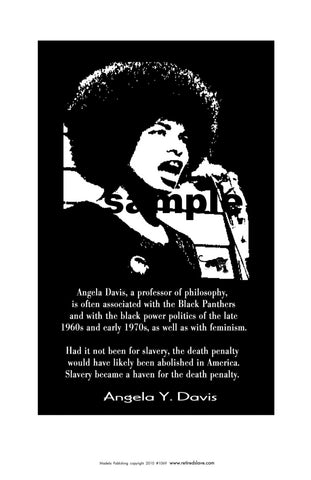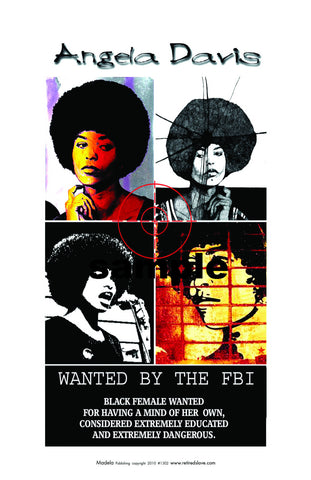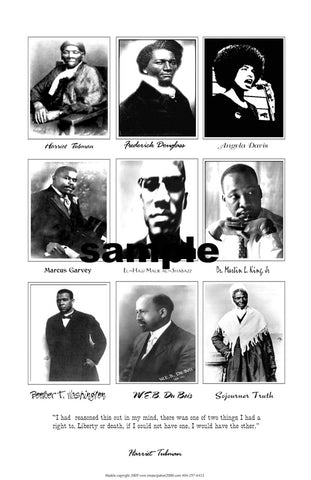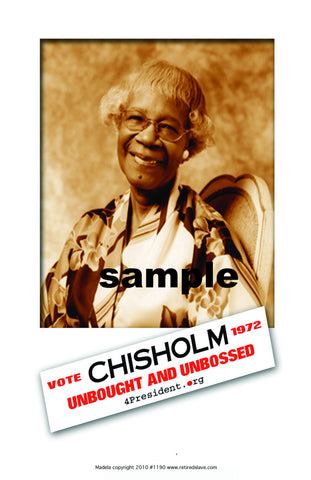Josephine Baker #1445
$ 8.00
Caption from poster__
Josephine Baker
Inducted into Missouri House
of Government’s Hall of Fame
Josephine Baker was an international star and human rights activist
known for her sultry vocals and distinct improvisational dance style.
Born in the slums of St. Louis, she discovered her ticket out of a life
of poverty through song and dance. Because of her strong views
against racial discrimination, she left this country for France to launch
an entertainment career which spanned five decades. Deeply involved
in the civil rights movement, she was instrumental in prompting night-
clubs and theaters to integrate their audiences by her refusal to perform
unless nondiscriminatory seating practices were followed. One of the
highlights of her life was taking part in the 1963 Freedom March in
Washington, D.C., and delivering a speech beside Dr. Martin Luther
King Jr. at the Lincoln Memorial. Four days before her death, on April 8,
1975, she opened a new revue in Paris and after a 15-minute ovation stated,
“Now I can die.”
Freda Josephine McDonald, was a French dancer, actress and singer. She was given the nicknames "Black Venus," "Black Pearl" and "Creole Goddess." She renounced her American citizenship in 1937 and became a citizen of France. Though based in France, she supported the American Civil Rights Movement during the 1950s, and protested racism in her own unique way, adopting twelve mufti-ethnic orphans, whom she called her "Rainbow Tribe." She also refused to perform for segregated audiences in the United States and worked with the NAACP. For some time she lived with all of her children and an enormous staff in a castle, Château de Milandes, in the Dordogne in France. (Baker had only one child of her own, stillborn in 1941, an incident that precipitated an emergency hysterectomy.) In 1963, she spoke at the March on Washington at the side of the Rev. Dr. Martin Luther King, Jr. Wearing her Free French uniform with her Legion of Honor decoration, she was the only woman to speak at the rally. As mentioned above on tours of the United States she refused to perform in segregated nightclubs. Her insistence on mixed audiences helped to integrate shows in Las Vegas, Nevada. Nevertheless, her career was on a downturn and she was near bankruptcy until she was bailed out and given an apartment by her close friend, Princess Grace of Monaco, another expatriate American living in Europe.




